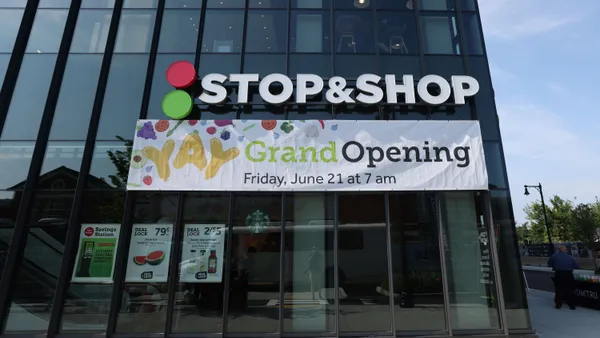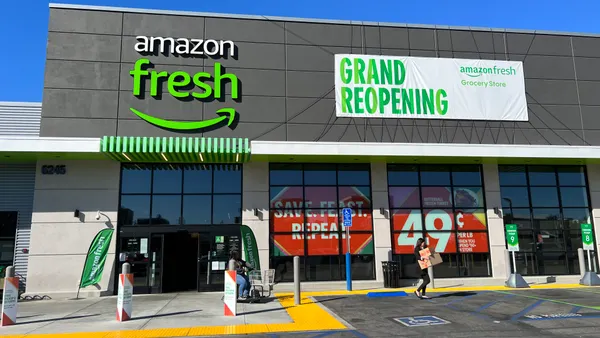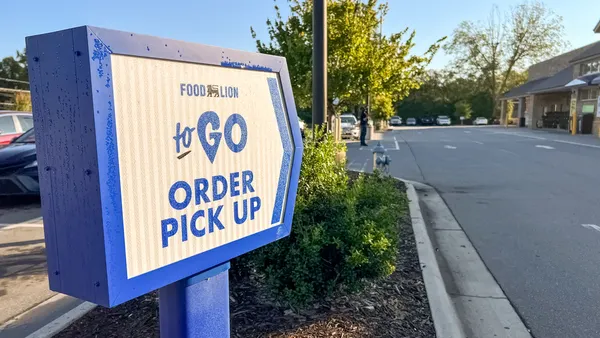Dive Brief:
- In a 7-2 vote, the U.S. Supreme Court put an end to Tennessee’s liquor license laws that required an individual to be a resident of the state for at least two years in order to get a one-year liquor license, according to NPR. In order to renew the license after one year, a retailer must have lived in the state for at least 10 consecutive years.
- Judge Samuel Alito called the two-year law unconstitutional for discriminating against non-resident businesses. The court decided that the requirement is not protected by the 21st amendment, which allowed states to regulate alcohol sales, and violates the Commerce Clause.
- Total Wine, a chain alcohol retailer, initiated the challenge to the residency requirement after it decided to open a superstore in Knoxville. The Tennessee Wine and Beer Association argued that the residency law helps the state regulate and keep track of sales. Currently, 34 other states have similar laws.
Dive Insight
The Supreme Court's ruling opens the door for grocery stores and liquor retailers to expand their wine and liquor sales in states where they may not have previously met residency requirements.
Of course, grocers still have to contend with the patchwork of laws governing which states are allowed to sell various types of alcohol. Some states allow the sale of beer, wine and liquor, while others only allow beer and wine sales, or just beer sales.
Retailers are fighting restrictions in certain states, including Tennessee, which recently approved the sale of wine at grocery stores on Sundays and certain federal holidays. To get around these laws, some grocers like Stew Leonard's and Publix operate their own standalone wine and liquor outlets.
The liquor, beer and wine business has always been a lucrative market for retailers, and continues to grow. In 2018, U.S. alcohol sales increased by 5.1% to $253.8 billion, according to a report by bw166.com. Liquor sales hit a record high last year according to the Distilled Sprits Council, and a recent report from IWSR found that Americans drank about 7.9 billion gallons of alcohol in 2018.
Alcohol delivery is the latest focus for many startups and major retailers, which is subject to an additional set of regulations in many places. Meijer, H-E-B, Sam's Club and Schnucks are just a few of the retailers offering this service through partners like Instacart and Shipt. As states loosen alcohol regulations, more retailers will likely come on board and expand their offerings.













